It’s nearly impossible to imagine a North American Rainbow Six Siege scene without Troy “Canadian” Jaroslawski.
The veteran IGL won the inaugural Six Invitational with Continuum and the Six Invitational 2020 with Spacestation Gaming. He triumphed over Playing Ducks in the Pro League Year One Season Three Finals and infamously finished second at the Paris Major, SI 2018, and Pro League Season Nine Finals.
Initially, Canadian retired in March 2021 but stepped back up to the plate with Spacestation Gaming for the Six Invitational to cover for passport issues with his stand-in, Luke Slota. Coming into the event, over a year of essentially being region-locked due to the COVID-19 pandemic and a long, emotional career led to a significant amount of burnout. It was at SI 2021 where he found the beginnings of his drive to compete again, and a month’s worth of “re-centering” helped him fully form his decision to return.
Canadian has been listening to audiobooks on the rowing machine every day since he returned from the Six Invitational 2021, his then-final competitive Rainbow Six Siege tournament. In addition, he’s taken up meditating and healthier eating habits, all of which contributed to his decision, announced on July 7, to return to competition.
“Note-taking has been another big thing for me,” Canadian told Dot Esports. “It’s something my dad has always preached to me, but my thing was that I don’t carry a notebook around with me. I don’t know why it’s taken this long to realize, but you can just take notes on your phone, so now I have tons of notes.”
Canadian’s Notes app on his phone is now chock full of ideas, emotions, Siege strategy ideas, and more. Canadian says the process of taking notes for reference later has been helping him “re-center” during emotional and stressful moments.
Canadian’s retirement in March heralded the biggest blow to the North American Rainbow Six Siege scene since the organization he rendered synonymous with NA R6, Evil Geniuses, decided to exit Siege entirely in April 2020. While Canadian had already moved on from EG in August 2019, he left a legacy of regional excellence—and tragic grand finals losses—behind with the team. To this day, Canadian is the only two-time PC Six Invitational winner from North America. IGLs are mostly judged on results, and it’s difficult to argue with Canadian’s accolades. He is, in terms of events and games won, the best North American Siege IGL to touch the game.
The COVID-19 pandemic hasn’t been kind to North American Rainbow Six Siege, though. Similar to other titles, the global lockdown forced a complete halt of international events, sponsors left organizations, and all regional competitions were to be held online. Overnight, incoming funds for organizations slowed to a trickle, the most important aspect of fair competition (LAN) was nullified, and regions were isolated from one another.
“It’s really hard to say how much each thing adds up,” Canadian said when asked about his initial decision to step down. “I think the biggest thing by far was the [lack of] international LANs.”
Canadian said moving from EG’s apartments in Seattle to Spacestation’s team house had an adverse effect on his mental health. The apartments gave the team solitude from each other when it was necessary—in a team house, privacy is much less common. Canadian also said he missed the ability to simply walk places. He doesn’t drive and always took Canada’s public transport when back home, which furthered his inability to have enough time alone. Additionally, the pandemic has been rough on Canadian players in general. Travel from the U.S. to Canada has been closed off for most of the pandemic and they’ve been without contact from their families longer than most.
In esports across the globe, the COVID-19 pandemic has also brought mounting feelings of burnout. Burnout is already a large issue in esports. Playing the same game 10 hours a day, every day, is tedious in and of itself—and it wasn’t helped by the shutdown of other amenities to the grind of professional play.
In North America specifically, burnout during the pandemic has been brutal. In every high-profile retirement, burnout is at least mentioned in the reasoning for players stepping away from the game. And if it isn’t, it’s heavily implied.
At the time, SI 2021 was set to be Canadian’s last event, the final run before a ride into the sunset. But it just so happened to be the event that sparked the fire again.
The exact date was May 14, the day Spacestation toppled MIBR in overtime and lost a heartbreaker to an upstart Parabellum squad in the group stage. Canadian said he was up all night, sending messages to their group chat. Luke, who was in the U.S., woke up and began chatting back with him.
“I was literally up the whole night, just putting in ideas, responding to [Luke] and like the guys woke up to like 800 messages in the group chat,” Canadian said.
The loss to Parabellum and barely scraping past MIBR set up some internal questions about Spacestation’s playstyle, Canadian said. He also attributes a series of scrims with FaZe Clan as the initial wake-up call. It was those moments, the ones with new problems to solve and new questions to be answered, that made Canadian believe that he could return to playing.
“We were getting beat down from the scrims, it was bad,” Canadian said. “But we learned a lot from it, and it was times like that when these scrims that, like, were not going good for us, I just found them incredibly valuable again.”
Playing the domestic teams over and over again for more than a year straight rendered the North American region as a whole “stagnant.” The fresh glance at how teams from other regions played got the proverbial ball rolling in terms of Canadian’s passion reigniting.
It went deeper than the mere boredom of playing the same teams over and over again, though. North American Siege teams have a more structured approach to the game than other regions, which while effective, renders them a bit lacking in the creative element as opposed to other regions. Canadian explained that this doesn’t make North America bad, it’s just one of the costs of playing the game the way the region prefers to.
Building healthier, consistent habits, plus the spark of SI, culminated in his decision to return. Publicly, though, the announcement wasn’t received with universal praise. Spacestation coach Justin “Lycan” Woods and Nathanial “Rampy” Duvall had some somewhat harsh words about the timing of Canadian’s return. The tensions between Lycan and Canadian were smoothed over in less than 24 hours, with Lycan saying that although he cares for Canadian and is glad he’s doing better, he was “disappointed about how/when the TwitLonger was executed.”
“I just know that if Troy gets on a NA team, then the storylines will end up being ‘SSG trying to get revenge on Troy’ and we don’t want that,” Lycan said. “…We don’t feel that way.”
Canadian has not publicly committed to a team yet. The next transfer window, the only time he can be officially signed, begins Aug. 23 and ends Sept. 5. While there will undoubtedly be conversations that happen before then, the Canadian sweepstakes won’t officially begin until the transfer window opens.


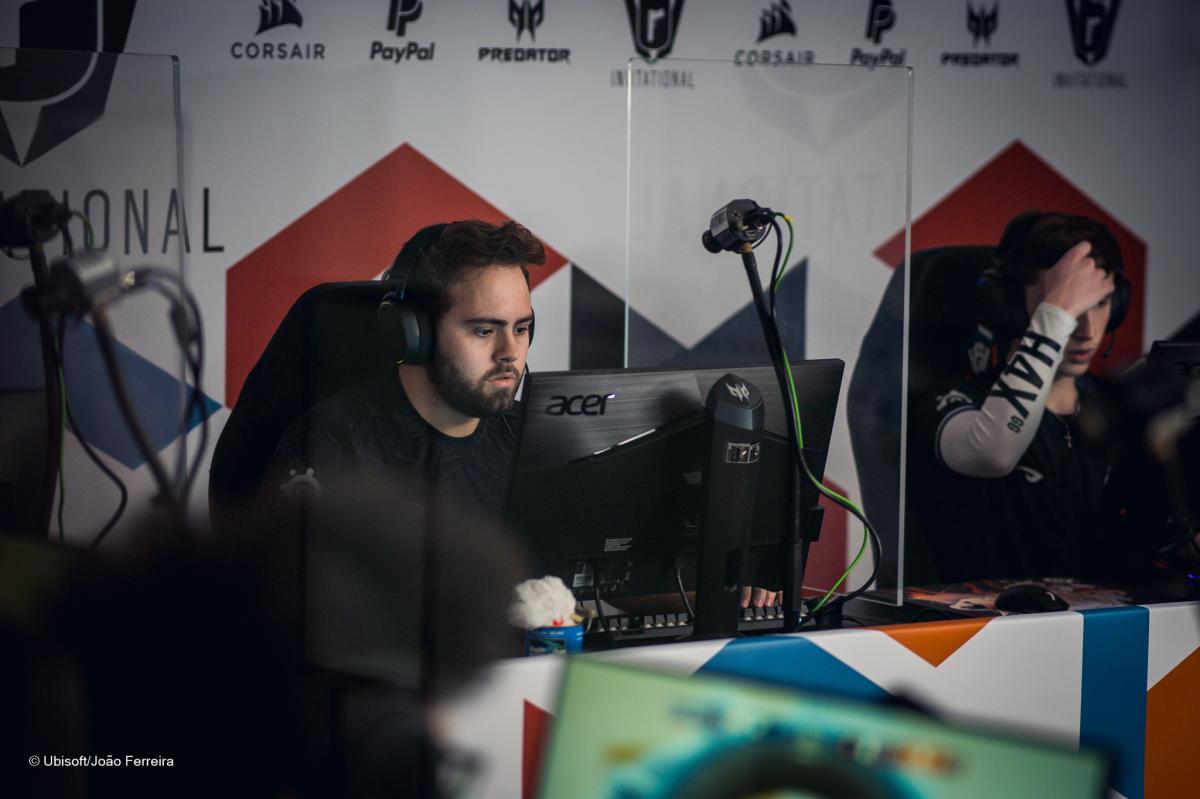
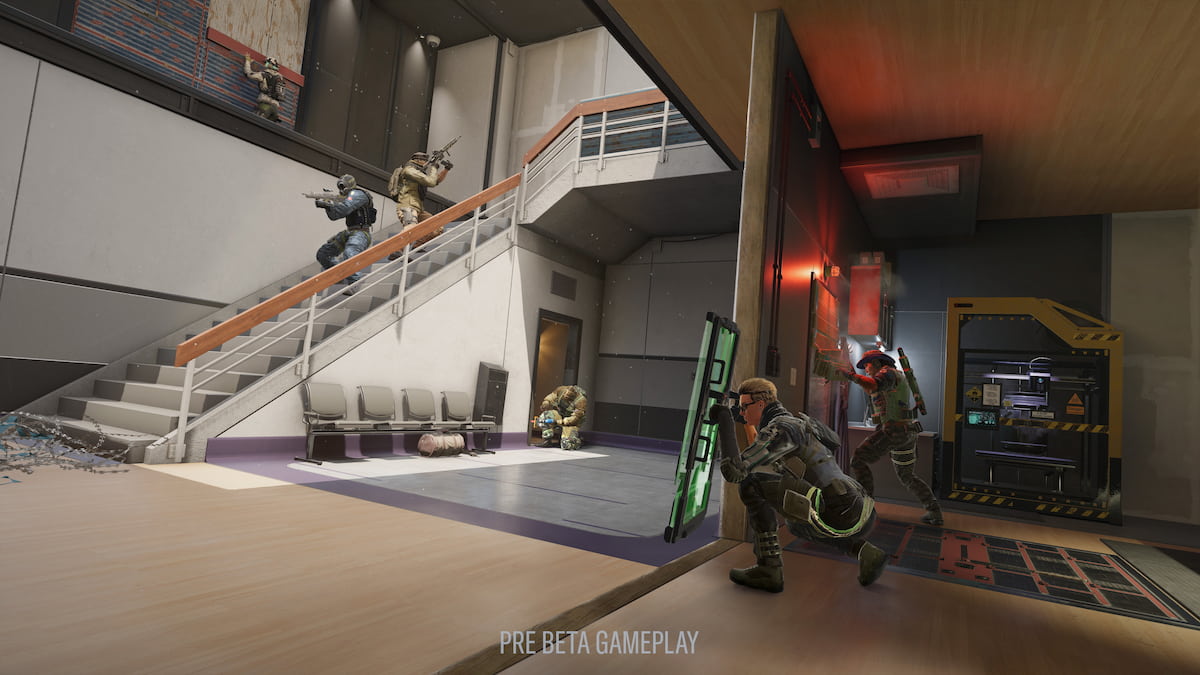
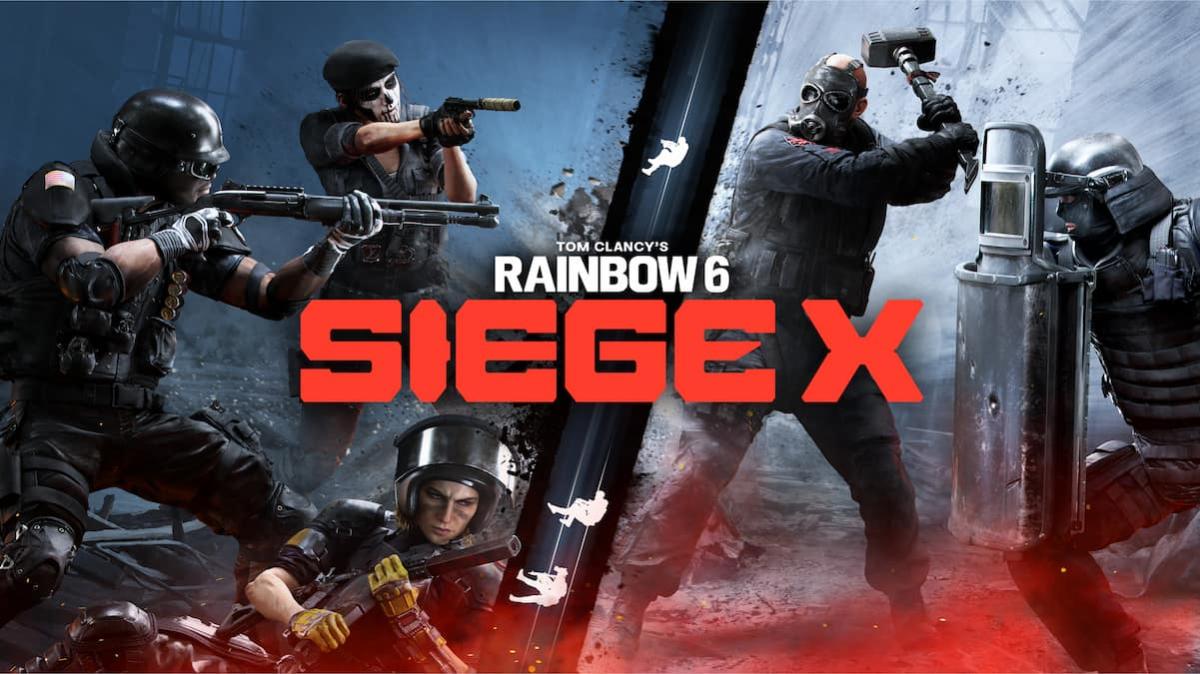
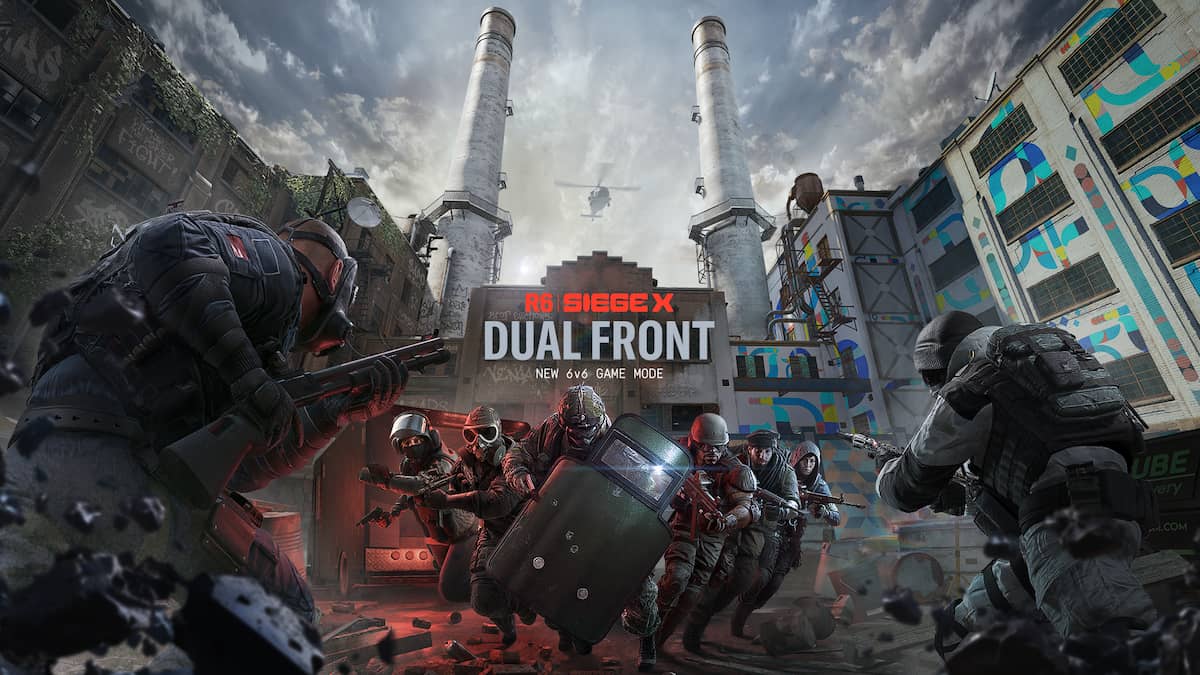
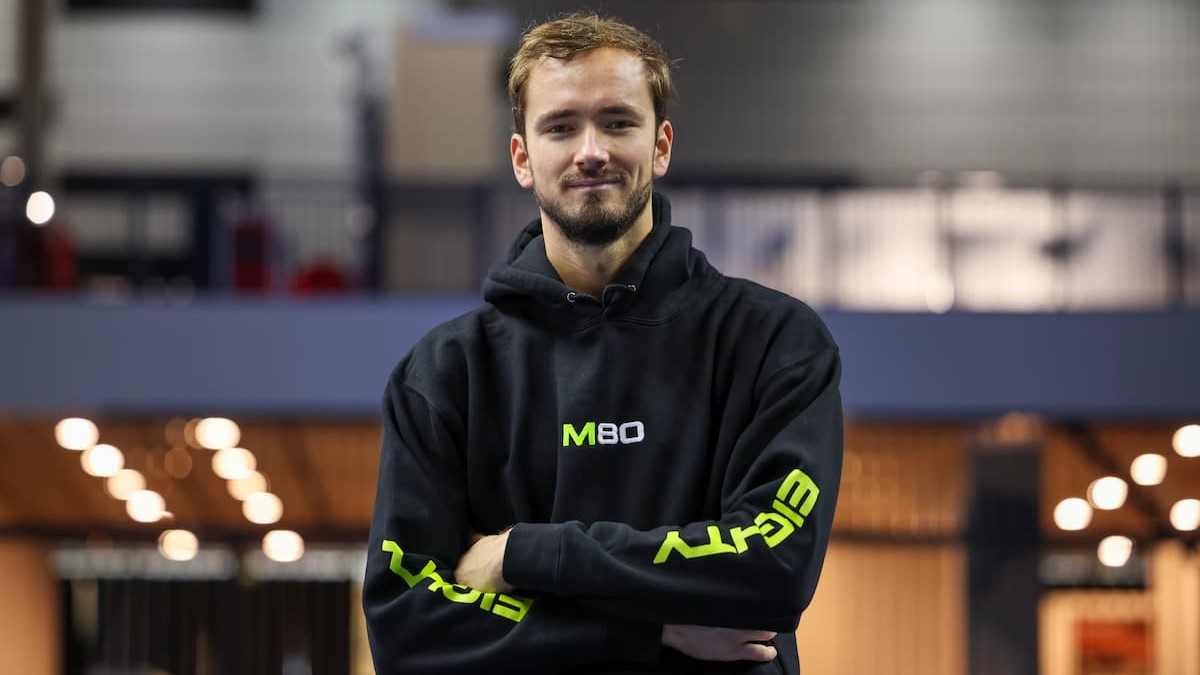
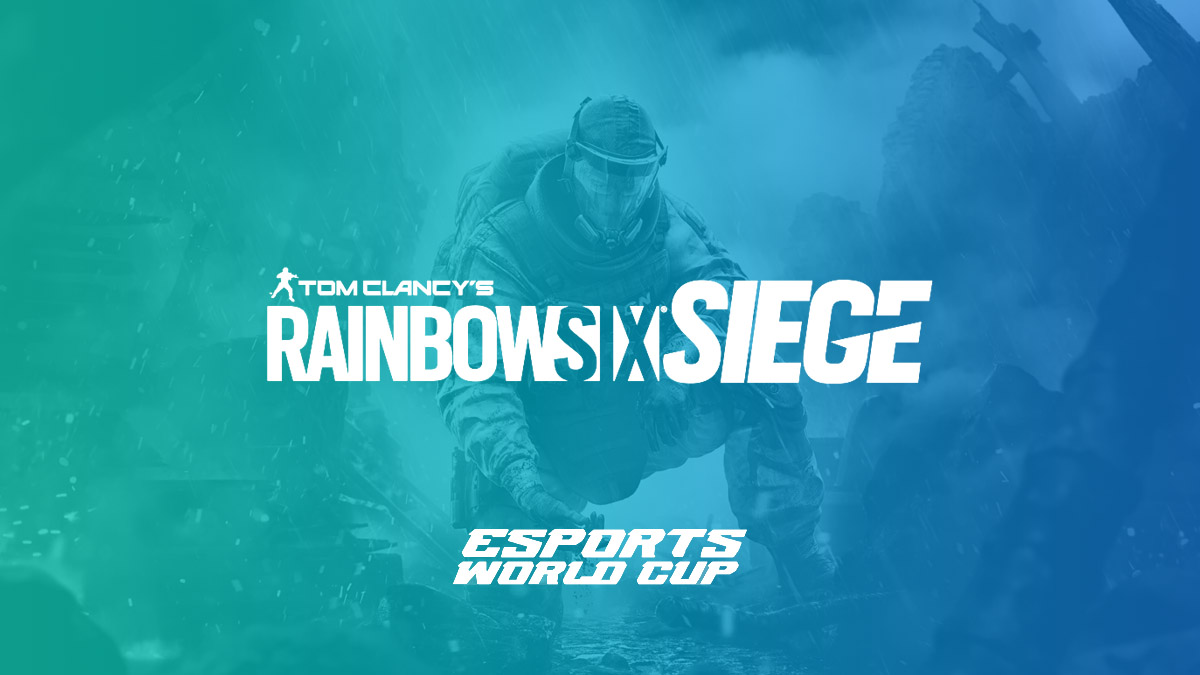
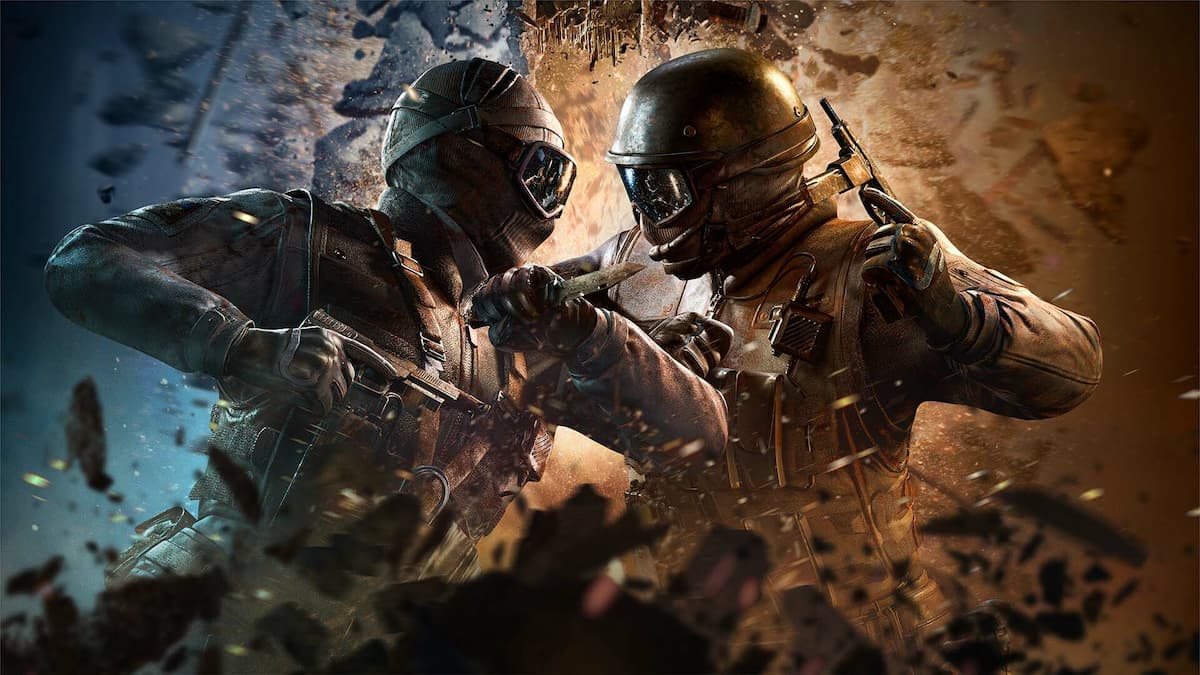
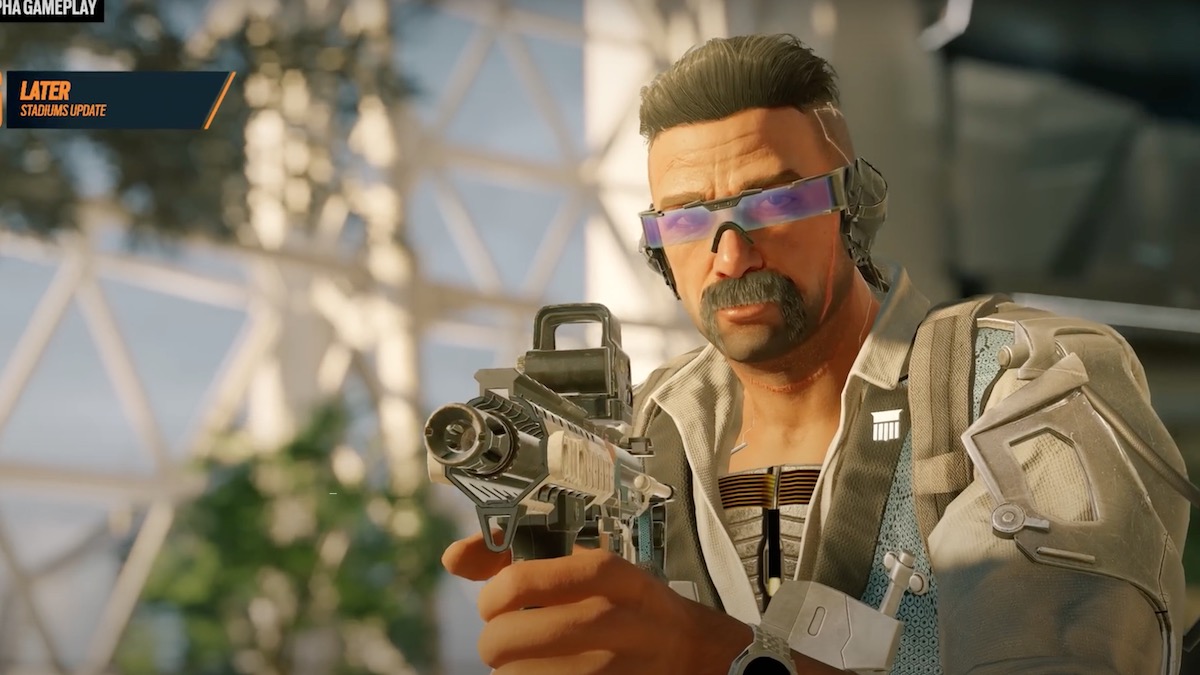

Published: Jul 14, 2021 01:04 pm